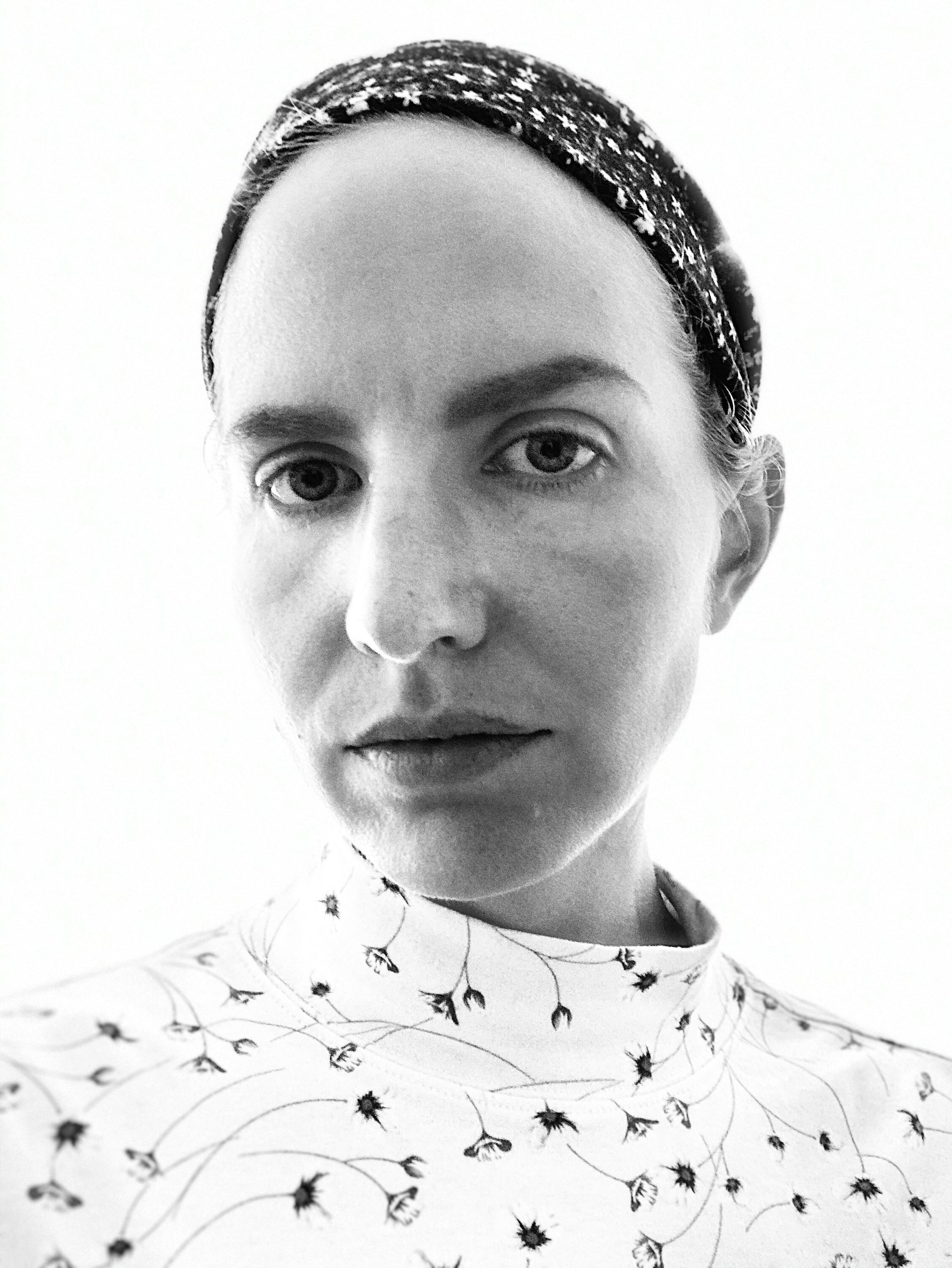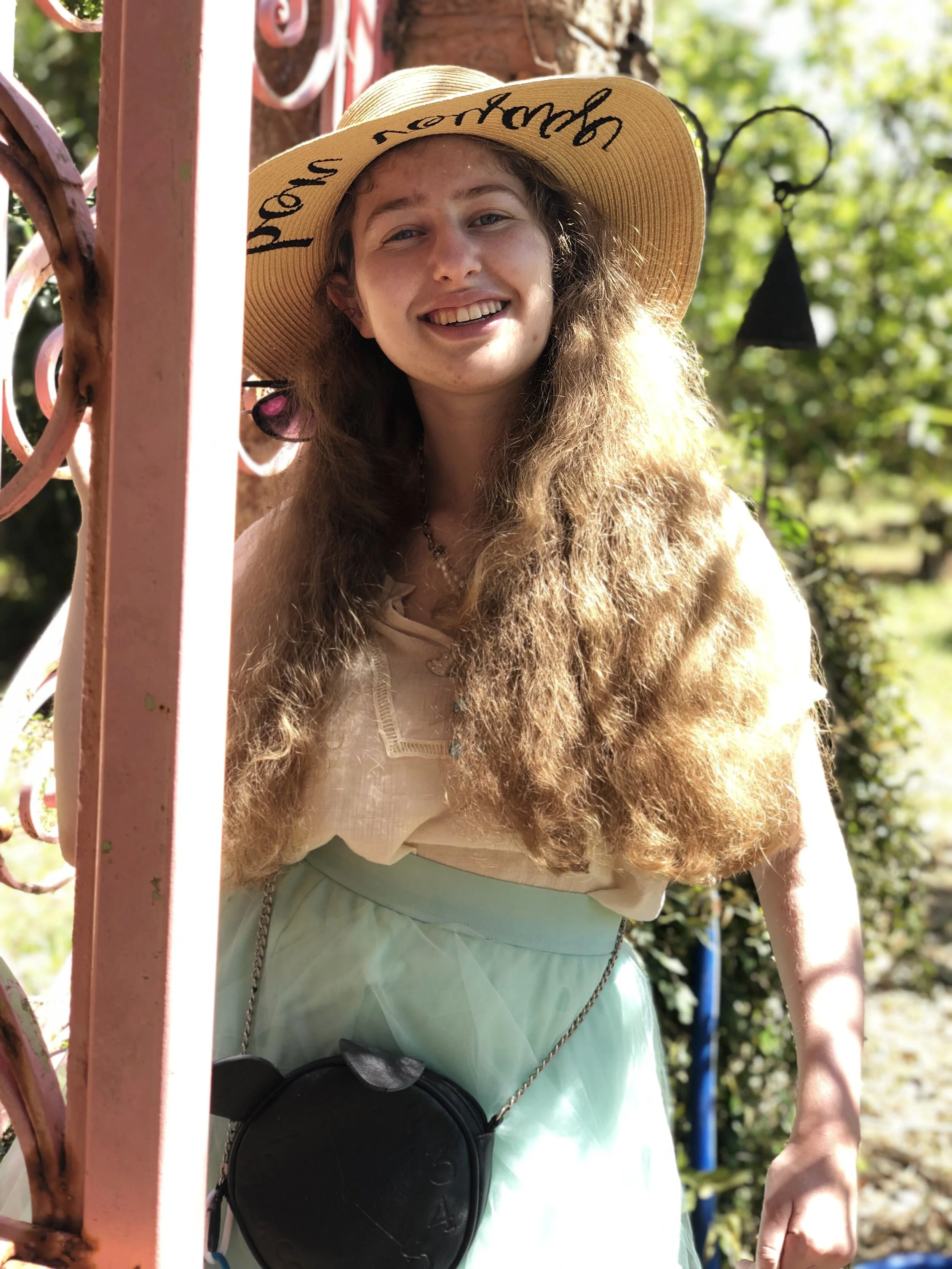Caleigh Shaw
When I had him, my placenta was dry.
I went through a lot right before he was born.
My mom and I are at my brother’s basketball
game. My brother wasn’t the best player,
always the sixth or eighth man. His eyes
have astigmatism, and he’s always sick.
What happened? Our team has the ball
and sinks a jump shot. Your father and I
were going through some issues. She keeps
looking at the court to see if my brother
has been subbed in yet. I don’t know if you’re
old enough or ready to hear this. It may change
how you think about him. Our team keeps scoring
buckets, so it should be another easy win.
Their divorce was almost two years after
he was born. They fought. They spent time
coaching their own teams. There wasn’t a lot
of options to choose from. He cheated on you?
She nods. Two weeks before my brother was born.
My dad was acting strange, and when he confessed,
he put his head in her lap and cried—buzzer blares—
The woman’s husband knew, and he wanted to kill
my dad. She was a family friend. My dad asked
my mom to be friendly after the revelation—
my brother’s in the game, he misses a shot—He
asked my mom to take her to the mall, had my mom
switch out the pictures he and the woman exchanged
in the family’s mailbox—ball bangs against bleacher—
Remembering now is rewatching a drama,
wondering how the hell it all happened. Summer
at their house, while we played games
and headstands in the pool, my brother, only
a few months old, sat on their floor while others
doted on him—he gets the ball again, makes
a fade-away—One rainy day while driving,
my mom, mad about the woman, caused us
to spin on the interstate, to ram into the guard rail.
I was feeding my brother mushed peas as we spun
like a coin—he’s only in the game for a few minutes
—How much more was missing—buzzer goes off,
the game over—We continue to sit, and my brother
bounds up the bleachers, asking why we haven’t
walked down. My mom looks at him, a slight hint
of grief in her eyes. We were just having a conversation.






















